Publications
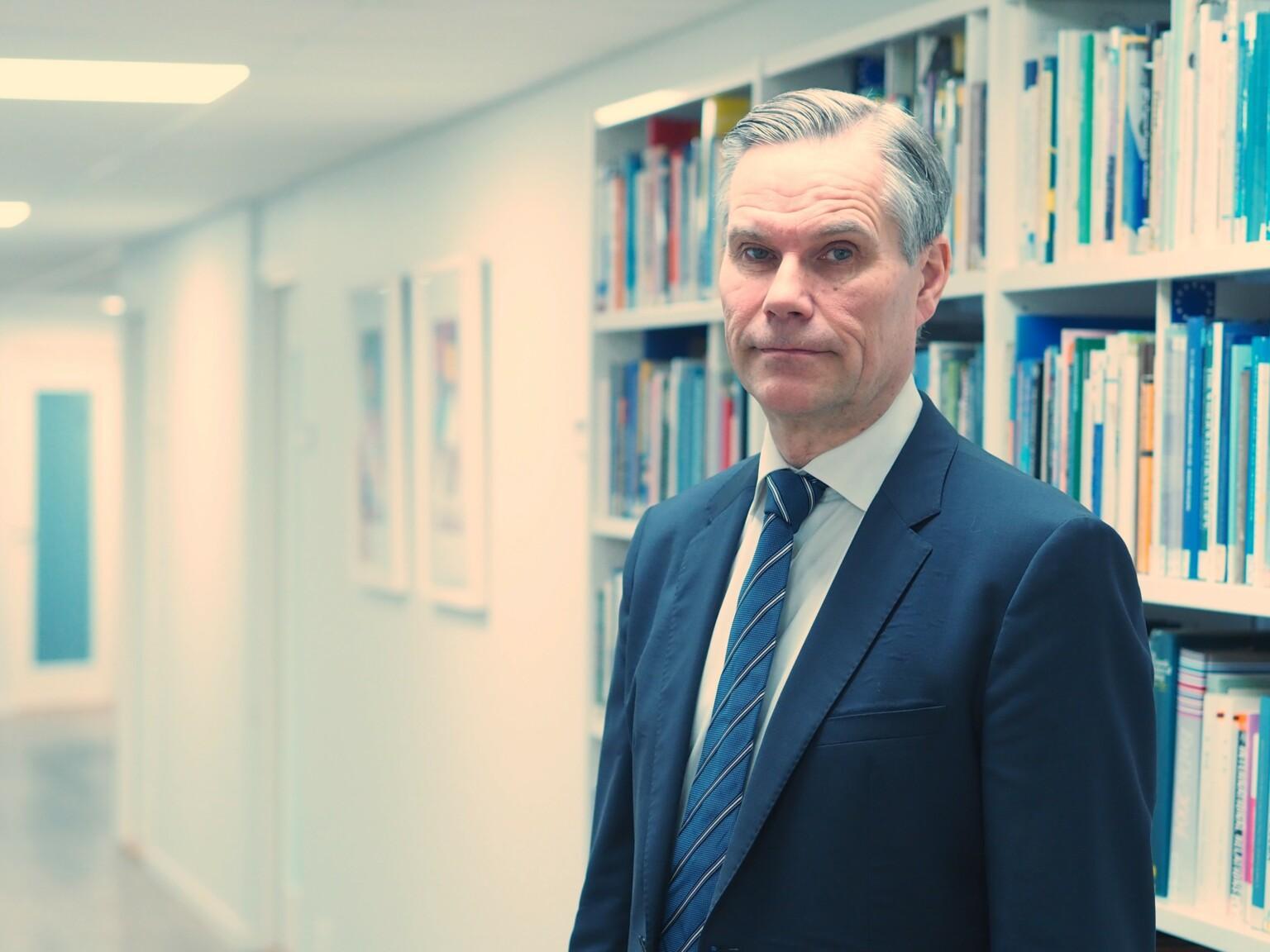
“National security is not an easy export product” – What can Europe learn from the Finnish model of total defence, Klaus Korhonen?
The theme of HSF 2024 is “Towards a Total Defence of Europe – From Apathy to Action”. How does this year’s theme reflect the current defence and security climate in Europe?
I think it reflects it well from two different viewpoints. The first one is the need to strengthen European defence industry and industrial base, the second is societal resilience. In Finland, both are organised in a good manner. We rely widely on the concept of comprehensive security which tries to take into account all security risks and provides a cooperation model where vital societal functions are handled jointly by authorities, businesses, NGOs and citizens.
Finland is internationally known for its preparedness and its model of comprehensive security. Could this “Finnish model” offer a framework for a broader European security architecture?
All national arrangements are a result of a long, historical development as well as national interests and the particular needs of each country. National security is not an easy export product.
However, there are certain practices and principles that can be shared. After the Cold War, Finnish military defence model was regarded as old-fashioned. Back then, many European countries moved to professional armed forces, and now they are again very interested in our conscription system.
Looking ahead, how do you envision the concept of total defence evolving over the next decade in Europe?
I think it is good to define what we mean by total defence. There is some overlap with the terms of resilience, comprehensive security and total defence. However, they are all currently timely when it comes to European security.
The European Union and NATO understandably have a little bit different approaches on resilience and crisis preparedness. NATO perceives it in terms of the needs of military defence and how societies can support these efforts, whereas the current EU approach is more comprehensive and takes various aspects into account. The idea is that the Union is prepared in all kinds of crises, be it pandemic, environmental crises, or military conflict. To be fair, also NATO’s seven baseline requirements for national resilience are quite broad, and fulfilling them will enhance preparedness for any crisis, not just military conflict.
What are some of the biggest challenges Europe faces in achieving a cohesive total defence strategy?
We have to match our defence and security systems with the global challenges that are currently mounting. When we look at the security needs of Europe, there is a common understanding that we should start ramping up our defence capabilities and our defence industry. While doing that, we need to take all aspects into account. Military defence is not possible without a robust system of resilience around it.
Although the challenges and needs for European total defence are multi-faceted, it is important to prioritise. Right now, the first priority is to support the defence in Ukraine.
HSF brings together experts for an exchange of views on foreign and security policy. In your view, what does HSF offer to participants in comparison to other international security conferences?
This is a time where there is a lot of interest towards Finland – what is this country that has joined NATO quite recently and whose geopolitical location is very important for European and sub-regional security. Our view on security issues comes from an angle which perhaps gives something new for the international HSF guests. Something I found very useful and interesting last year was the excursion to facilities that serve crisis preparedness and Finnish comprehensive security.
For the Finnish expert community, HSF is a fantastic opportunity to meet first-class international colleagues. Many of our guests are prominent policy makers, analysts and scholars, and the contacts made during the event will be very useful.
HSF 2024 marks your first HSF conference as a member of HSF Steering Group and the Chair of FIIA Board. What message do you hope to convey to the participants and the broader public through this year’s theme and discussions?
I think the most important message in the framework of European total defence is that we must continue supporting Ukraine. If the Ukrainians have not lost hope, we have no right to do so either.
All in all, enhancing the security of Europe and thinking of various aspects of total defence can bring a better future for all of us.
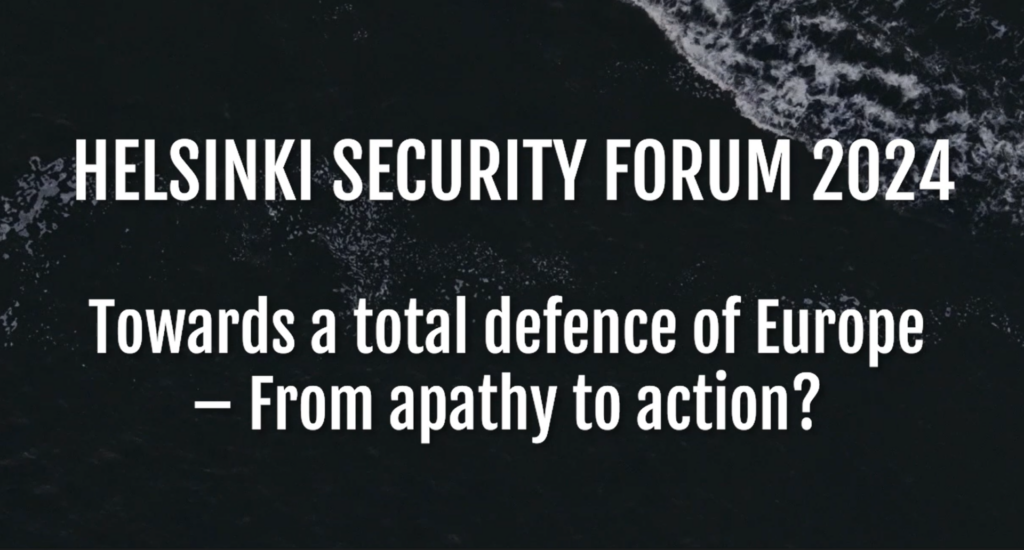
Helsinki Security Forum 2024 addresses the need for European total defence
The third annual Helsinki Security Forum (HSF) will be held on 27–29 September 2024. This year’s conference is titled Towards...
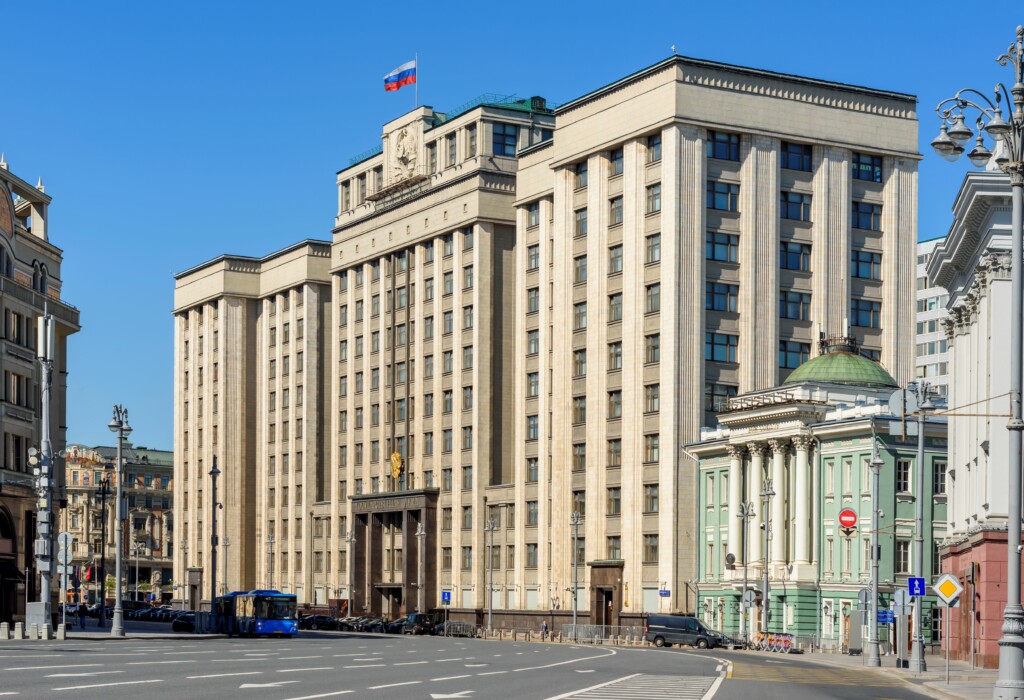
for HSF Blog
Rejecting Russian Spheres of Influence
The EU has rejected the language of spheres of influence in favour of an international order based on common rules...
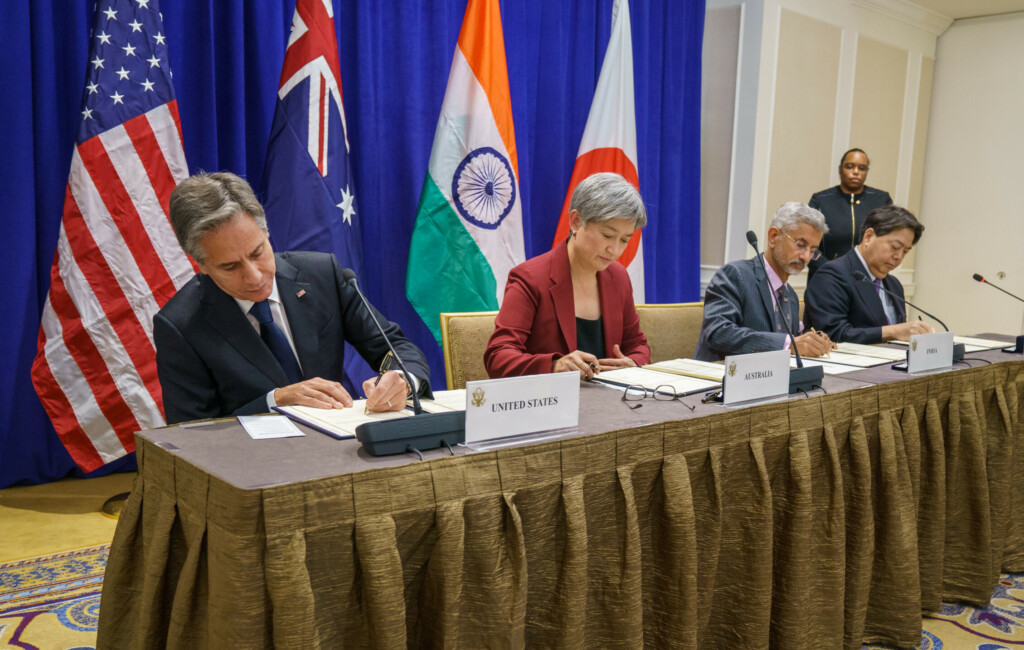
for HSF Blog
Reverberations in the Indo-Pacific of the War in Ukraine
Russia’s war of aggression against Ukraine has had significant ripple effects in Indo-Pacific security dynamics and ongoing great-power competition.
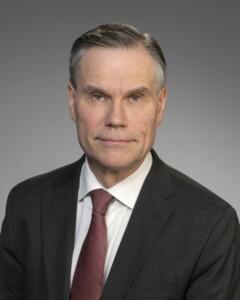
About the author
Klaus Korhonen
Ambassador
Klaus Korhonen is Ambassador for Policy Planning at the Ministry for Foreign Affairs of Finland. He is also Chairman of the Board of the Finnish Institute of International Affairs (FIIA) as well as member of the Steering Group of Helsinki Security Forum. Previously, Korhonen has worked as Ambassador of Finland to NATO, President of the international Arms Trade Treaty (ATT) and as Ambassador to the Netherlands.